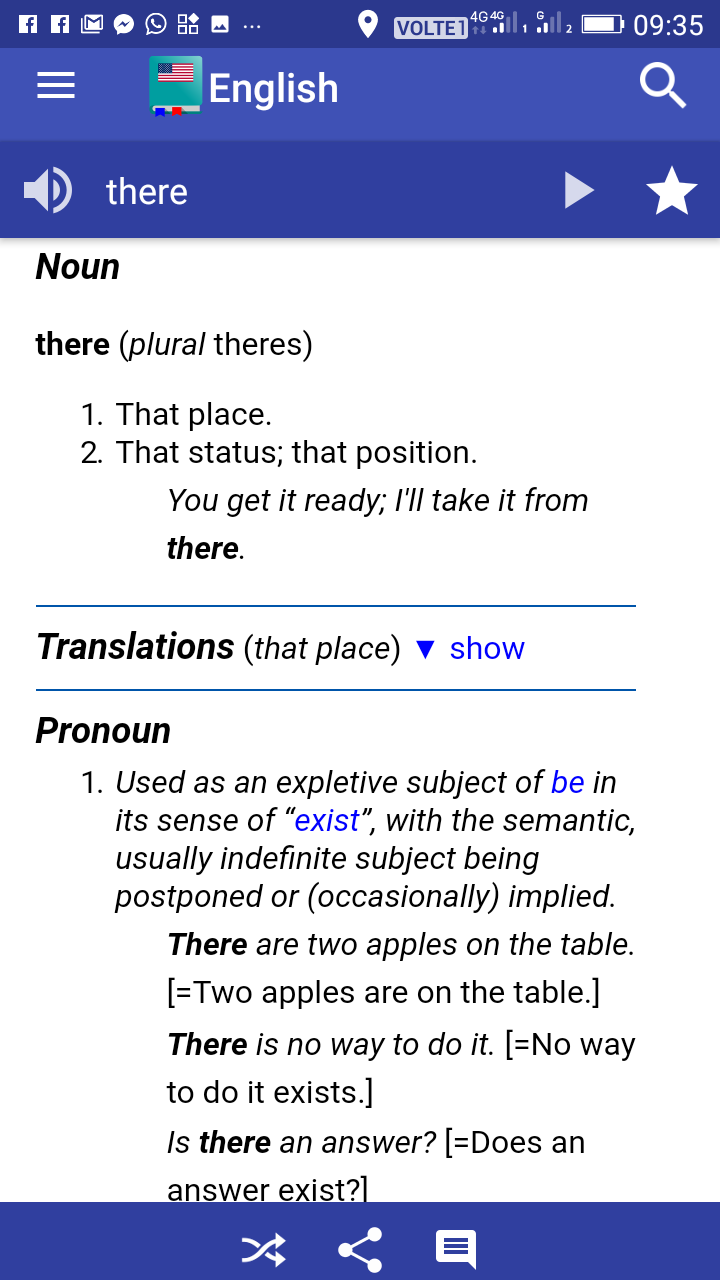The terms "part of speech", "word class" and "word category" are typically used interchangeably. For a recent, brief and accessible discussion by an eminent linguist, see this paper by David Denison. Each individual word has its own part of speech.
Subject and object are grammatical relations. Grammatical relations are different from parts of speech, because parts of speech do not depend on the role of the word in the sentence, whereas grammatical relations do. For instance, in the sentence Cats like mice, the words cats and mice are both nouns, but Cats is the subject whereas mice is the direct object. In the sentence Mice like cats, it is the other way round: mice is the subject whereas cats is the direct object.
An important difference between parts of speech and grammatical relations is that phrases can bear grammatical relations, but only words can bear parts of speech. In the sentence The cats like the mice, the subject is the whole phrase The cats. The word cats is a noun, and The is an article or a determiner.
If you want to find out more about these notions, I'd recommend the book Introducing English Grammar by Börjars and Burridge (2010). It's what we use at Manchester to teach first-year Linguistics and English Language undergraduates.

 3. He(pr) always (adv.)helps (verb) me (pr) .
I need your help. (Here 'help' is a noun, not a verb.)
3. He(pr) always (adv.)helps (verb) me (pr) .
I need your help. (Here 'help' is a noun, not a verb.)